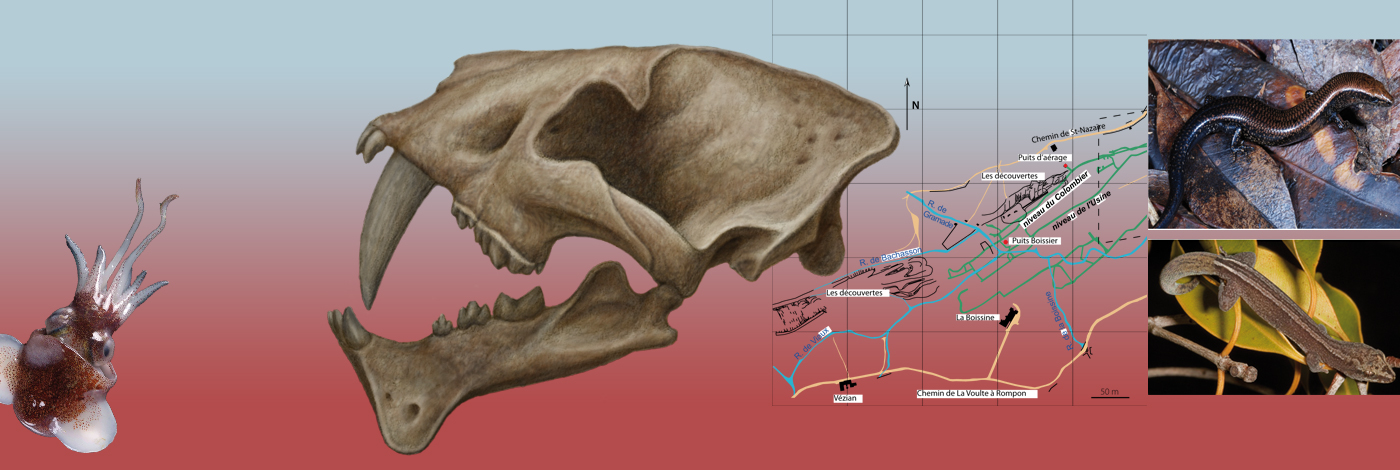
 Volume 173
Volume 173 Published on 20 June 1997
Phylogenetics systematics pro vides life sciences with a reference system for the study of biodiversity. One of the most interesting utilities of this system is to permit the inference of evolutionary histories concerning traits under study. These evolutionary histories - the phylogenetic patterns - are themselves heuristic for a better understanding of evolution. They may also be used to test previously proposed models of evolutionary processes extrapolated from population studies. In either case, the histories of the various orders of Insects reconstructed in this volume show that pre-conceived ideas concerning evolution are often flawed : reversals and convergences are manifold in supposedly stable traits such as flightlessness, mutualism, communication or social systems, and supposedly convergent traits, such as social parasitism in wasps, may be shown to be homologous. Thus, these contributions facilitate reconsideration of diverse evolutionary models. A methodological warning is also delivered: comparative biology is conjectural per se and there is therefore today a basic need for decreasing the number of unwarranted hypotheses by anal ogy or extrapolation which are too often used to infer phylogenetic reconstructions. This volume contains 18 contributions from 20 authors, dealing with both methodological problems and case studies on 11 different groups of Insects. These contributions will provide the reader with leading and original accounts of the diversity of insects viewed from an evolutionary perspective; they will certainly be useful to every biologist interested in evolution, phylogenetics, or entomology.
Philippe Grandcolas is research scientist in the team E.P. 90 CNRS, Laboratoire d’Entomologie, Muséum national d’Histoire naturelle, Paris. He works on phylogenetic systematics and behavioral ecology of cockroaches in the tropics.
